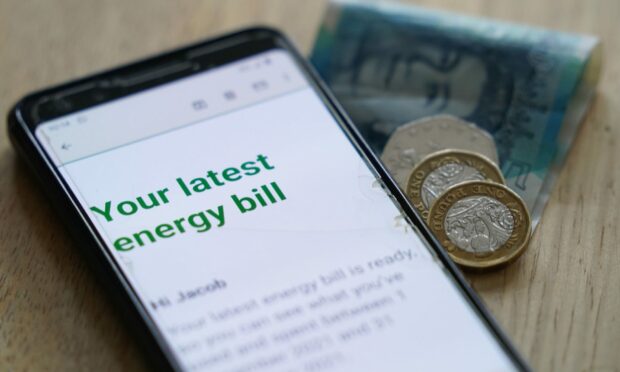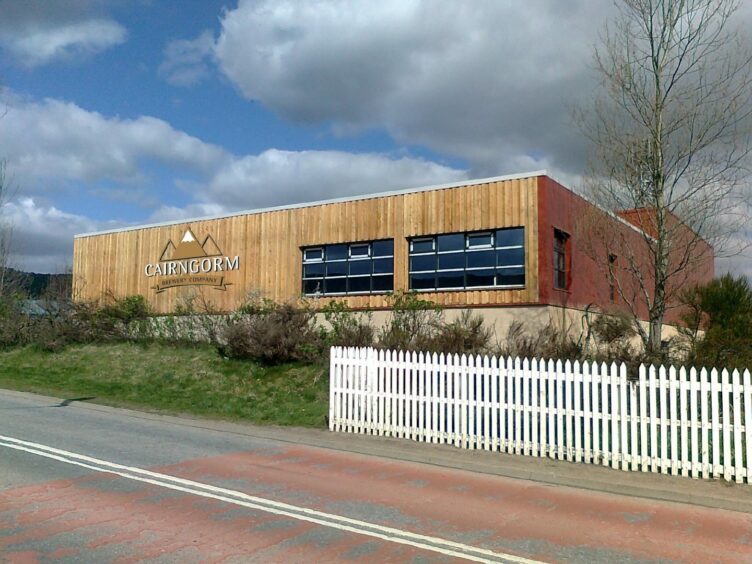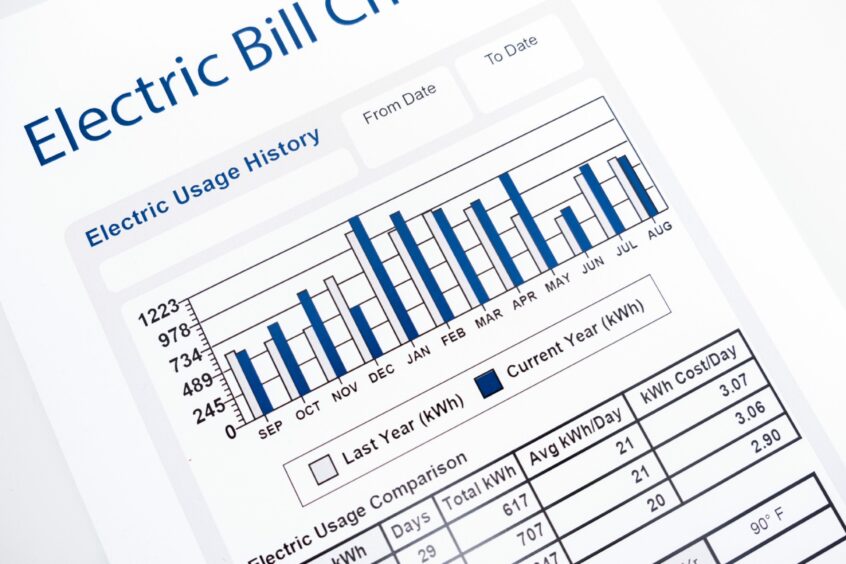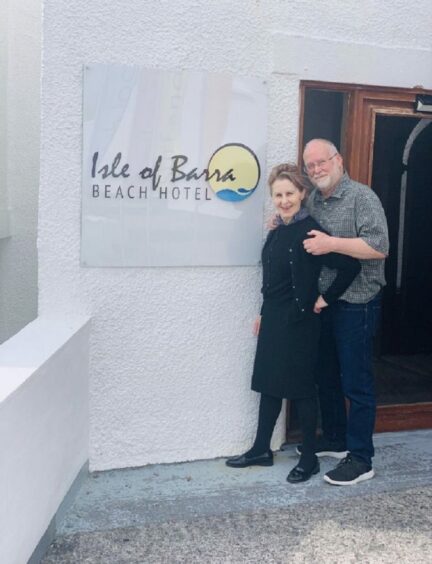The government’s move to cut business energy bills by half for six months will be a short-lived benefit with no long-term gain, it is claimed.
Willie Cameron, director of business development at the Cobbs Group, said the decision will do little to help hard-pressed businesses.
“Six months is not much good, it needs to go on much longer than that. We need it for the next five years if the price of energy is to keep going up.
“It’s a very, very short-lived, short-term benefit which is really not much good at the end of the day.”
Not going to be better off
He added: “It’s just a mess. No one understands why (prices are increasing), particularly in the north of Scotland where we are making the energy. We could almost be self-sufficient here as far as energy is concerned.
“I don’t understand, if we are only taking 4% UK-wide of the gas coming through Europe via Russia, we are getting punished so much. It seems to me to be cartel as far as pricing of the energy system concerned.”
He said the price cut will have little effect in the long run.
“If you’re paying, say £1,000, and will now pay £500 for six months, well that’s £500 back in your pocket.
“But that will have to go back in after six months is up. You’re not going to be better off.
It’s going to put a lot of smaller businesses to the wall”
Willie Cameron, director of business development at the Cobbs Group
“It’s just delaying the fact you’re going to have to pay this money out at some point.
“It’s going to put a lot of smaller businesses to the wall.”
Mr Cameron said there is hope in the hospitality industry with the exchange rate helping attract visitors, including from America.
“It’s a blessing on one hand, while we are losing it with another and having to pay back SSE or whoever.”
Sam Faircliff, managing director of Cairngorm Brewery, has a similar view.
“It’s not enough. The projections we’ve had would see the bill go up by 500% so for that to be halved would still see it increasing by 250%.
“It’s not that we are ungrateful, every little helps. But it’s still a worry and it doesn’t take that worry away about how we will get through.
“We will accept any help because because the proposed increase is so significant. But it’s not enough, it’s not going to solve the problem, especially when it’s only for six months.”
More questions than answers
Guy Adams and his wife Teresea Jenkins, who run the Isle of Barra Beach Hotel, say the government’s announcement on support on energy bills raises more questions than answers.
The couple have already shut the hotel restaurant this season and feared that without intervention on quoted energy prices, the whole premises may have to close for a year.
A projected increase would see the hotel’s electricity costs rise from a budget figure of around £25,000 a year to over £100,000.
Mr Adams said: “Instead of seeing an energy bill of around £25,000 go up to £100,000, it will go up to £50,000. That’s still an increase of 100%.”
He is also unclear on whether the cut applies only to charges for kilowatts or does it include the standing daily charge.
He said uncertainty over costs mean he is unable to quote firm prices for the coming 2023 season to potential visitors.
Do I take a total flier?”
Isle of Barra Beach Hotel’s Guy Adams
“We’re getting calls from people wanting to book holidays from May next year and expect us to give them a rate. What do we do?
“Do I take a total flier, in which case do put rates up a substantial amount but allow for a cut? Or do I think in six months there is going to be no subsidy on it and what’s the energy price going to be then, am I going to find that what I’ve done is price myself into oblivion?”
He added: “You budget for a year, you don’t budget for six months, and you work your price on that.
“The other option is to say, you’re booking today so the price is A, however we may have to add a supplement, which could be a substantial supplement, when you turn up.
“That not going to help get business.”
How is it going to work?
He also questions how the cut will be applied: “I’m trying to find out how they are going to do this.
“If the bill is going to be, say £100, do I send the supplier £50 and they get the other £50 from the government? Or do I have to fork out £100 and hopefully in a reasonable time I get the £50 back from the government?
Many small businesses do not have many reserves. We might be able to do it, but that does not mean the guy down the road is in a position to do it.
“At this time there are a lot more questions than answers.”





Conversation